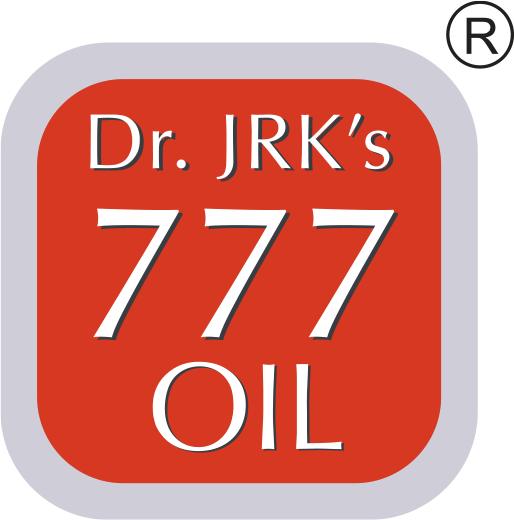Disease and Treatment
FAQ's
Discover answers to common psoriasis questions in our informative FAQ section. Empower yourself with knowledge about this skin condition.
Get in touch
Support@jrkresearch.com
The average response time is 24 hours.
Our customer support operates from Monday to Friday, between 8:00 AM and 8:30 PM.
Lifestyle and diet

